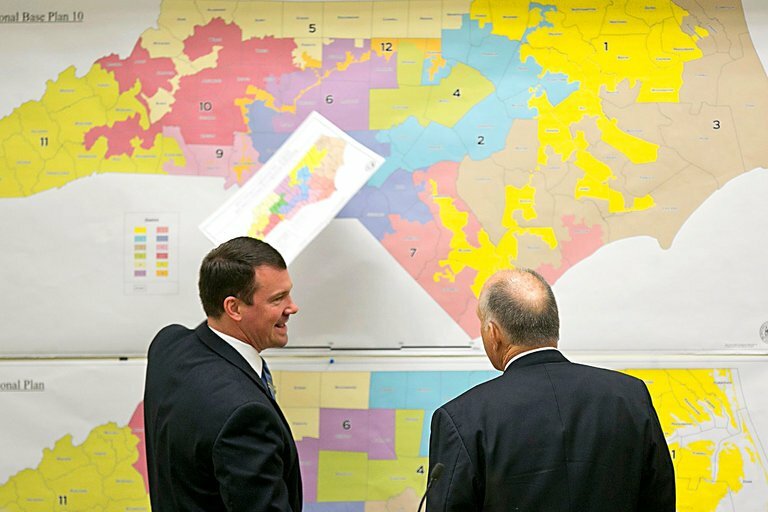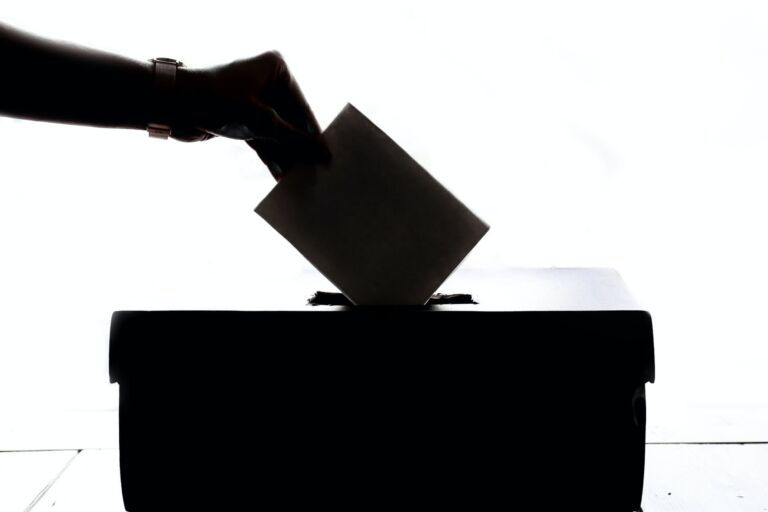The North Carolina State Board of Elections (SBE) held a public hearing on proposed voter ID rules on December 13. The proposed rules are for in-person (08 NCAC 17 .0101) and mail (08 NCAC 17 .0109) voter ID.
A review of those regulations reveals that they provide exceptions that are so easily exploitable that they make North Carolina a voter ID state in name only. Some of those vulnerabilities are due to election officials not following the law, while another vulnerability is due to a weakness in the law itself.
A Soft ID Law Makes for Soft ID Regulations
A person reporting to vote must show one from an extensive list of acceptable IDs. In addition, there are two elements that ID must satisfy for it to be accepted by election officials for in-person voting:
- The photo must bear a “reasonable resemblance to the person presenting to vote”
- The name on the ID must be “the same as or substantially equivalent to the name contained in the voter’s voter registration record.”
What happens if the ID fails to meet one or both of those criteria? The person can still cast a regular ballot unless the election judges unanimously agree that it failed. In that case, the person can still cast a provisional ballot. That is not a case of the SBE tweaking the law; they are following GS 163-166.16.(b). Remember that this is not a case of deciding if a person can vote or not; it is a determination of which type of ballot the person should cast.
Elections Board Goes Beyond the Law to Weaken Voter ID
What if the person does not have an acceptable ID? Again, the person can vote by provisional ballot and complete an exception affidavit. Under G.S. 163-166.16.(f), the county board of elections “shall find that the provisional ballot is valid unless the county board has grounds to believe the affidavit is false.”
That language would indicate that the board should accept the provisional ballot unless a majority determines that the affidavit is false.
However, the SBE’s proposed rule requires election officials to accept the provisional ballot “unless the county board unanimously finds that the affidavit is false.” That requirement for unanimity is not compatible with the statute. The requirement would force election officials to accept a ballot even in cases in which the county board, through a majority vote, found that they have grounds to believe the affidavit is false.
That same unanimity requirement is also in the proposed regulations for mail voting voter ID.
What You Can Do
The SBE is taking public comments on the proposed voter ID regulations through Jan. 16, 2024. There are three ways you can send them your comments:
- Email: [email protected]
- Mail: Attn: Rulemaking Coordinator, PO Box 27255, Raleigh, NC 27611-7255
- Online through the SBE’s public comment portal
Public comments can be an important part of the process. The SBE reversed course in 2021 after public pushback on its proposal to illegally suppress election observers.


